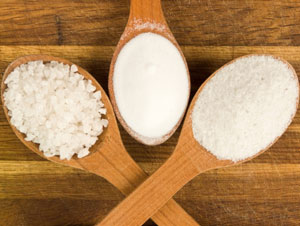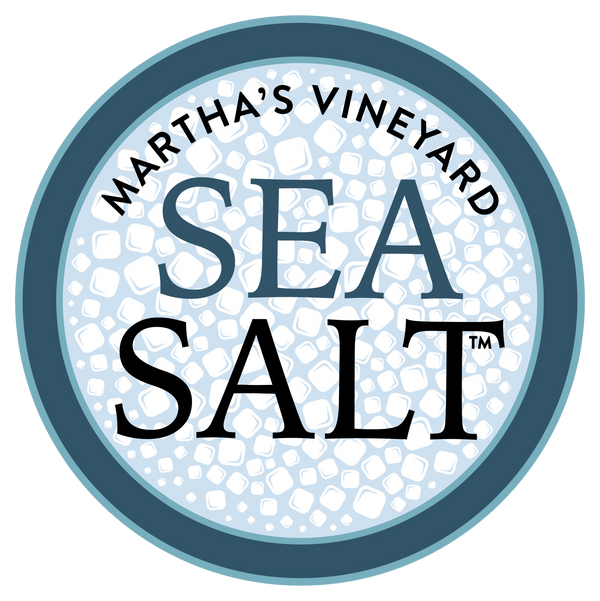
Kosher Salt vs Sea Salt
Share
We’ve done a bit of research over hear on this issue. We might as well add Kosher salt vs sea salt vs table salt all at once while where’re at it. Let’s start with kosher salt vs sea salt. Kosher salt is usually obtained by compressing table salt crystals under high pressure in order to create larger crystals.. Kosher salt is manufactured in accordance with a Jewish religious practice – no preservatives. Many sea salts meet the Kosher criteria because the process meets the Jewish law. When Kosher salt and sea salt is processed the grains are left large – a chef’s preference.
Sea salt always coms from seawater. There are no guidelines that sea salt with not have preservatives. MV Sea Salt has no preservatives. So the big difference is the minerals. Sea salt has minerals. When seawater is evaporated the minerals are left intact. Most sea salt makers follow natural process guidelines. Make sure you read the label. Although Kosher salt is more popular it’s likely because it’s been more available than sea salt. However, chefs love the flavor improvements from found in sea salts. And nutritionists are impressed with the health benefits from the minerals fund sea salt.
So what about table salt vs sea salt? All table salts are from mines. All table salts contain preservatives. Nutritionists suggest table salt and Kosher salt is bad for you. Nutritionists suggest sea salt is actually good for you. Sea salt contains many essential minerals that the body heavily depends on. These minerals help the body to neutralize acids and to regulate the functions of muscles. Kosher salt contains no minerals, as they are removed during processing. Kosher salt is table salt with out preservatives recompressed to give it larger crystals. However, sea salt has important trace minerals, up to 80. Sea salt contains these important minerals Calcium, Iodine, Iron, Magnesium, Manganese, Potassium, Sulfur, Zinc and of course, many more.
